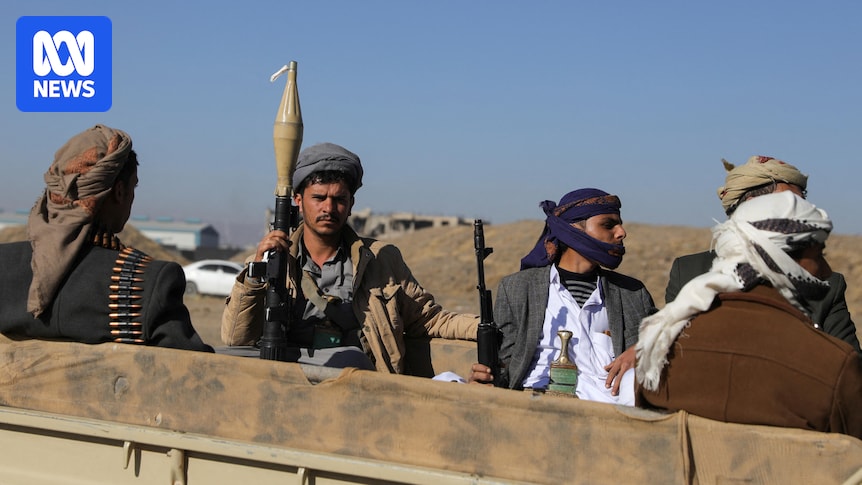
Iran-backed Houthi rebels have conducted a raid on United Nations offices in Yemen’s capital, Sanaa, detaining at least 11 employees. This development comes as tensions escalate following an Israeli airstrike that killed the Houthi prime minister and several cabinet members. The raids, which occurred on Sunday morning, targeted the offices of the World Food Program, the World Health Organization, and UNICEF, according to officials.
Abeer Etefa, a spokesperson for the World Food Program, confirmed the raid to the Associated Press, noting that security forces entered the agencies’ premises in the Houthi-controlled capital. The UN and Houthi officials, who requested anonymity, reported that armed forces interrogated employees in the parking lot.
Context of the Raid
The raid is part of a broader pattern of Houthi actions against international organizations operating in Yemen. The UN has faced increasing pressure in Houthi-held areas, with previous detentions of UN staff and personnel from various aid groups. The current detentions follow a significant escalation in regional tensions, marked by the recent Israeli strike that killed several Houthi leaders.
The United Nations Secretary-General António Guterres has condemned the detentions and the forced entry into UN premises. In a statement, Guterres called for the immediate and unconditional release of the detained personnel, emphasizing the importance of respecting international humanitarian operations.
“At least 11 personnel have been detained. We demand their immediate and unconditional release,” Guterres stated.
Impact of Israeli Airstrike
The raids on UN offices occurred in the aftermath of an Israeli airstrike that targeted a meeting of Houthi leaders in Sanaa. The attack resulted in the deaths of Prime Minister Ahmed al-Rahawi and several key ministers, including Foreign Minister Gamal Amer and Deputy Prime Minister Mohammed al-Medani. The strike was a significant blow to the Iran-backed Houthi movement, which has been actively involved in the Israel-Hamas conflict.
According to Houthi officials, the leaders were gathered for a routine workshop to evaluate government activities. The strike has further inflamed tensions in the region, with the Houthis vowing to continue their resistance against Israeli actions.
Regional and Global Implications
The escalation in Yemen reflects broader geopolitical tensions, with the Red Sea becoming a potential flashpoint for conflict. The US military has reported attacks on commercial ships by the Houthi movement, raising concerns about the security of international shipping routes.
UN envoy for Yemen, Hans Grundberg, expressed grave concern over the situation, urging all parties to de-escalate and avoid turning Yemen into a battleground for larger geopolitical conflicts.
“Yemen cannot afford to become a battleground for a broader geopolitical conflict,” Grundberg warned.
Future Developments
The international community is closely monitoring the situation in Yemen, with diplomatic efforts underway to secure the release of detained UN staff and prevent further escalation. The Houthis have announced a funeral for the leaders killed in the Israeli strike, scheduled for Monday in Sabeen Square, Sanaa, which could serve as a rallying point for supporters.
As the situation develops, the UN and other international organizations continue to assess their operations in Yemen, balancing the need to provide humanitarian aid with the risks posed by the ongoing conflict. The raids and subsequent detentions underscore the volatile environment in which these agencies operate, highlighting the challenges faced by humanitarian workers in conflict zones.







